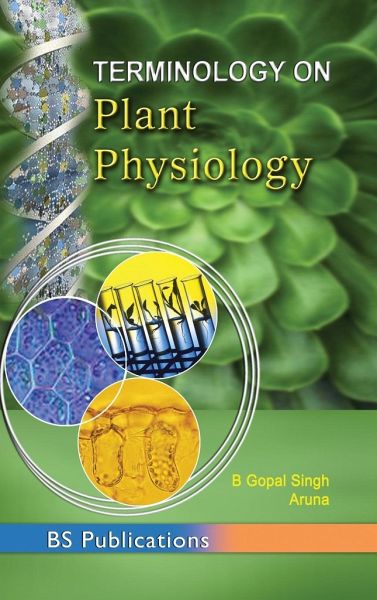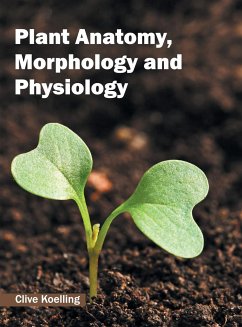
Terminology on Plant Physiology
Versandkostenfrei!
Versandfertig in 1-2 Wochen
70,99 €
inkl. MwSt.

PAYBACK Punkte
35 °P sammeln!
Since the science of plant physiology has been changing rapidly and specialists continue to probe their field in-depth, much of the modern biological science is intimately intertwined with the rest of the science. The profound impact of Molecular Genetics is clearly evident in plant physiology as well as the whole of biology. The book "Terminology on plant physiology" takes into account the vast increase in physiological knowledge and the evolution of fundamental concepts that are uniquely associated with plant physiology. To help students understand the scientific approach and develop an atti...
Since the science of plant physiology has been changing rapidly and specialists continue to probe their field in-depth, much of the modern biological science is intimately intertwined with the rest of the science. The profound impact of Molecular Genetics is clearly evident in plant physiology as well as the whole of biology. The book "Terminology on plant physiology" takes into account the vast increase in physiological knowledge and the evolution of fundamental concepts that are uniquely associated with plant physiology. To help students understand the scientific approach and develop an attitude of critical understanding, some of the fundamental laboratory terms are included.














